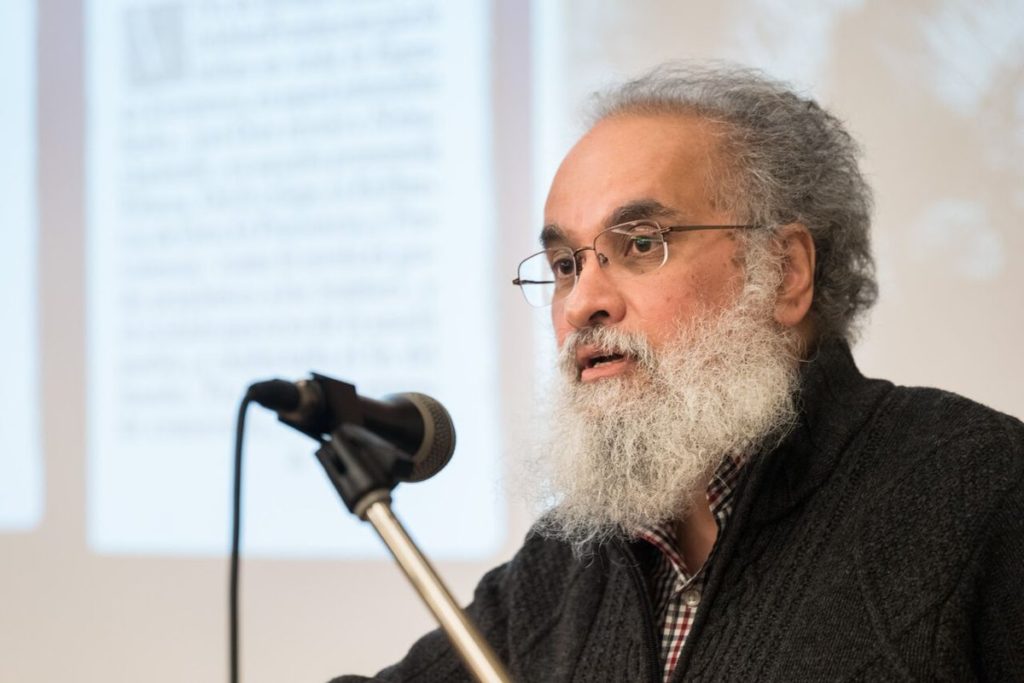Ladies and gentlemen,
it has been my 6th CISH Congress since 1995 in Montreal and by far the one that has taken place in the most dramatic circumstances. After a two-year-long pandemic and the attack on Ukraine, it has been quite an achievement that the 23rd congress of CISH-ICHS has been successfully concluded. The local organizing committee has done a tremendous job in providing the participants with optimal conditions and exquisite hospitality. It is not the time and place to analyze in detail the topics that the distinguished historians have been discussing and the approaches to the past developed during the fruitful five days of the congress. There are so many lessons learned that will take up some time to digest and really understand. New conceptual ways to understand how to make sense of the complexities of the past have been proposed and discussed. The major themes have focused on relevant aspects of the contemporary perception of the world, human and non-human. The enduring perception that history must have a global perspective has been discussed, although with an increasing interest in forms of coexistence that emphasize diversity and peculiarity rather than the homogeneity inherent in the notion of globality. We will all have time to reflect on these topics, and with the insightful thoughts shared with us by the distinguished speakers at the opening ceremony, prof. Olufunke Adeboye, prof. Dipesh Chakrabarty and prof. Ewa Domanska, and by the CISH-ICHS laureate prof. Sanjay Subrahmanyam.
Let me, however, recall something that has been prominent in the previous week. The first remark comes from the prize that has been awarded for the best poster. I don’t want to comment on the quality of the posters, which, by the way, is excellent. I want to draw your attention once again to the fact that the future is indeed founded on the past and knowing the past is essential for living a good life. But it is also important to give the past and the people who study the past a bright future. Acknowledging the merits of young scholars is crucial to our discipline. The 23rd congress of CISH-ICHS has done an excellent job in that respect.
The second remark is that the extraordinarily heartfelt hospitality of our colleagues at the Uniwersytet Adama Mickiewicza restored a sense of community, of oikumene of the historians, that the long pandemic and the tragic events not far from here had eclipsed.
It has been refreshing to enjoy the company of so many bright fellow historians and restore a much-needed sense of community among kindred spirits.
Therefore: Dziękuję bardzo i do zobaczenia w Jerozolimie.
Edoardo Tortarolo
Poznań, August 27, 2022





